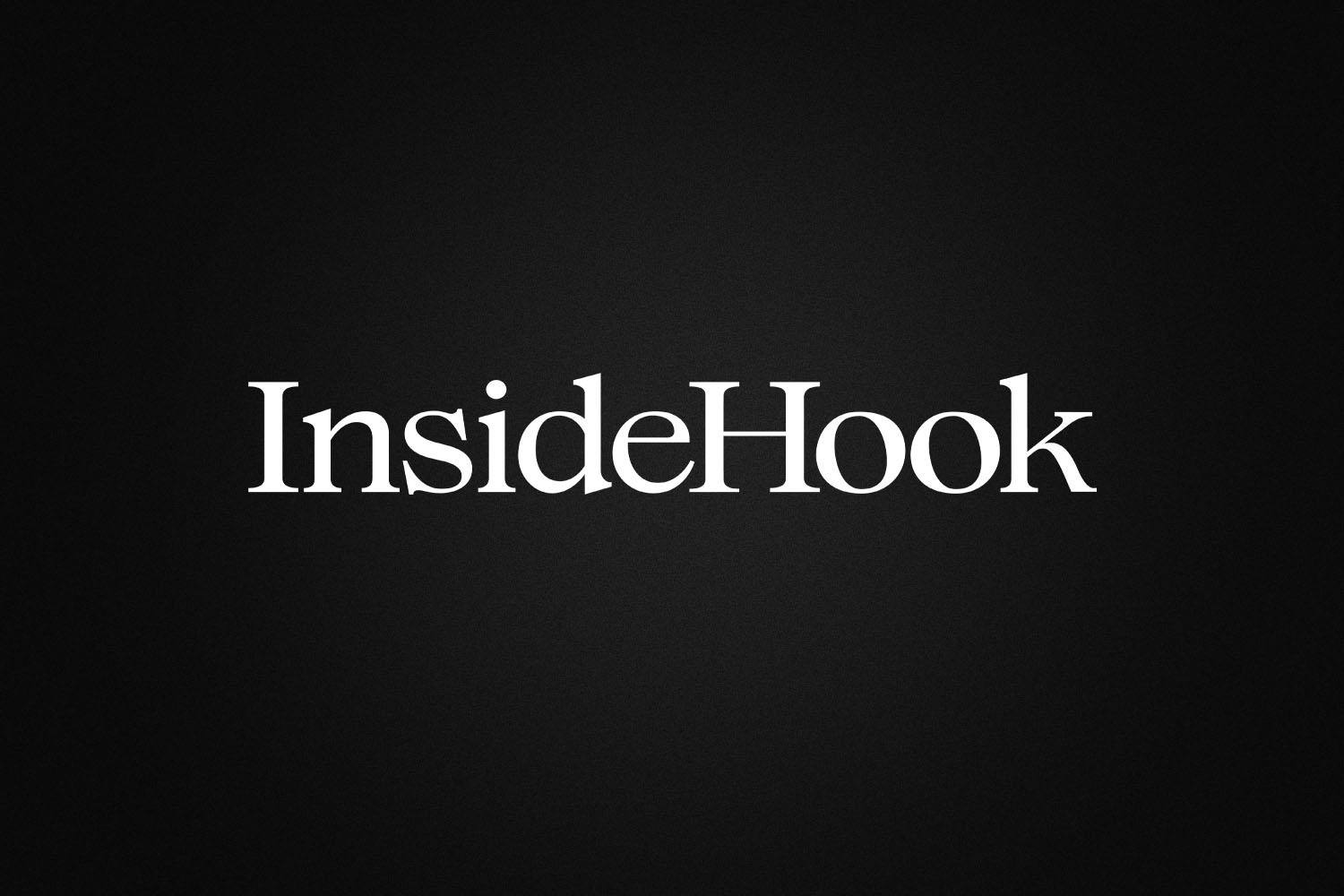In a new opinion piece for the Wall Street Journal, Mark Penn, former chief strategist for Hillary Clinton’s 2008 presidential campaign, makes the argument that the Facebook ads Russia purchased did not win President Trump the election.
Penn, who was also chief strategist on Bill Clinton’s 1996 presidential campaign, Hillary Clinton’s 2000 Senate campaign, writes that putting too much weight behind Russia’s involvement — there is proof that some $100,000 worth of ads came from accounts associated with Russia — could cause Washington to regulate the internet and “curtail basic freedoms.”
According to Penn, besides the Facebook ads, there were three 90-minute debates, two televised party conventions and $2.4 billion spent on the campaign. Penn writes that Facebook says 56 percent of the ads ran after the election, and not all ads ran in swing states, but also New York, California, and Texas. Factoring all that in brings the total down to $22,000 by Penn’s calculations. Plus, Facebook counted ads as early as June 2015, and most ads did not solicit support for a candidate. Penn writes that all this drops the number to $6,500.
Penn goes on to write that Americans see ads every day, on the street, online, on TV. And in general, Facebook runs about $40 million worth of ads a day in North America.
Meanwhile, Hillary Clinton’s campaign had about $1.4 billion compared to Trump’s roughly $1 billion.
Given his 40 years of experience in politics, Penn writes that the Russian ad buy “doesn’t add up to a carefully targeted campaign to move voters. Instead, converting someone who voted for the other party last time is an “enormously difficult task” and swing voters are typically deluged with 50 percent or more of the campaign’s budget.
Of course, no one wants foreign governments messing with American elections, Penn writes. But what should happen is that “internet companies should improve their screening of electioneering ads, impose clearer standards on all ads, and do a better job weeding out phony accounts.”
This article was featured in the InsideHook newsletter. Sign up now.
